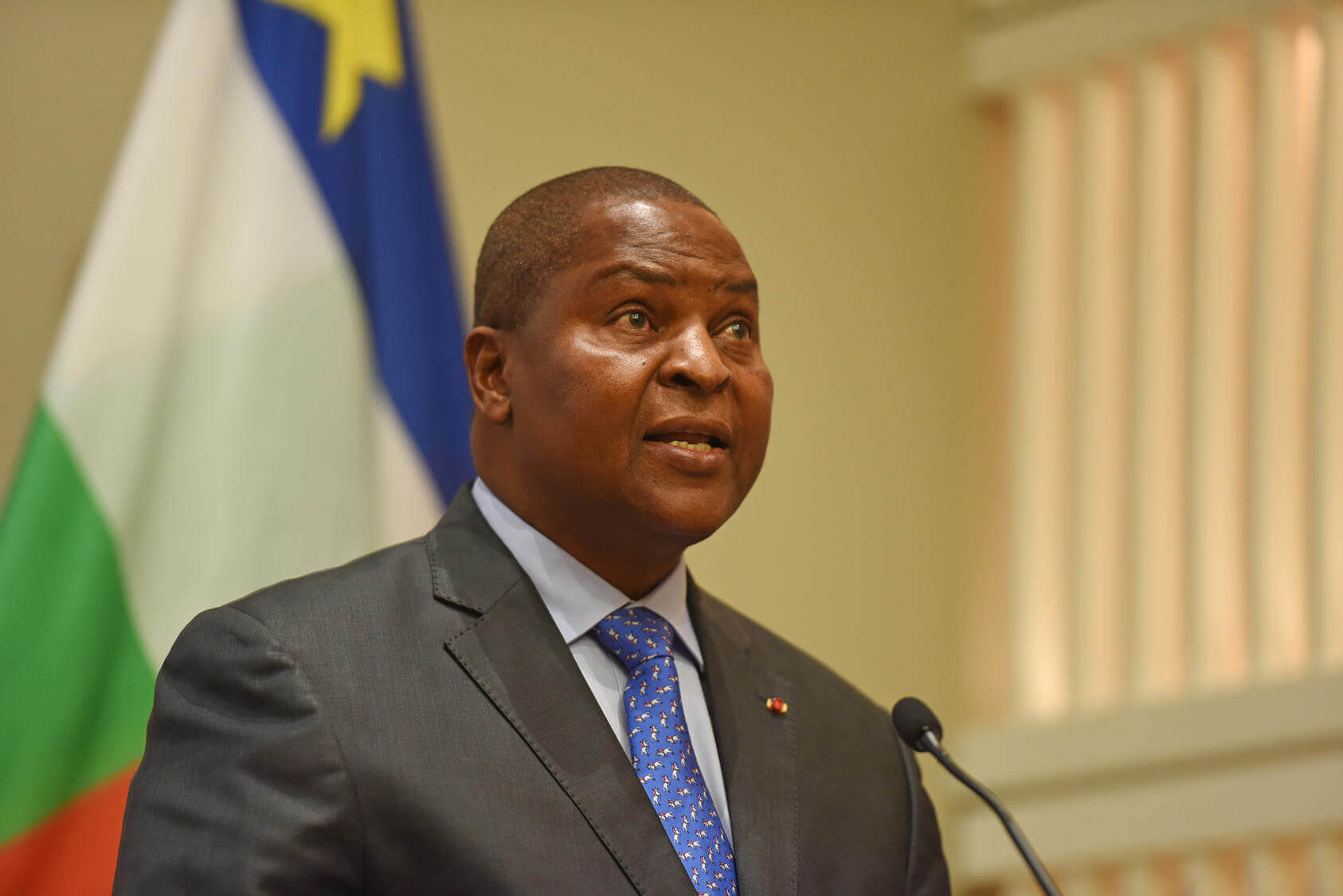Amid a period of sustained instability in the Central African Republic (CAR) ahead of the presidential and parliamentary elections on December 27, Russia and Rwanda have deployed hundreds of troops to the country.
Former President François Bozizé, who led the country from 2003 to 2013, was recently accused of leading a coup d'état against current leader Faustin-Archange Touadéra. This came just two weeks after Bozizé’s candidacy was rejected by the constitutional court. The court deemed that he did not meet the “good morality” criteria. The Court disqualified him due to his previous prosecution for assassination and torture, and the fact that there is an international arrest warrant for him. Interestingly, Bozizé was ousted from power via a coup in 2013 and Touadéra previously served as the prime minister (PM) under the former leader.
At the same time, three major rebel groups formed a coalition called the Coalition of Patriots for Change (CPC). They have already taken control of “key routes” leading to the capital city Bangui.
Since 2013, the country has become a hotbed for conflict between the country’s minority Muslim community and the Christian and animist groups. This is due to the fact that Bozizé’s ouster was driven by the Seleka rebel coalition, which is largely comprised of Muslims.
Consequently, fighting between Muslim and Christian militias has left much of the country under militia control, undermining the legitimacy and power of the government. Although France intervened in 2016 to usher in democratic elections that saw Touadéra rise to power, the underlying tensions that drove the conflict following the 2013 coup remain.
Against this backdrop, the country’s opposition coalition, Cod2020, which includes Bozizé, has called for the election to be delayed until “peace and security” are “re-established”. Cod2020 released a statement describing the “impossibility of pursuing an electoral campaign in current insecure conditions”.
This request, however, has been denied by the ruling government. Spokesperson Ange Maxime Kazagui said, “There is no plan B, the elections will take place on December 27.” In fact, electoral authorities have already begun issuing voter cards.
Against this tense backdrop, the United Nations’ mission to the country, MINUSCA, said that its personnel were on “maximum alert”. In addition, UN Secretary-General António Guterres’ spokesperson, Stéphane Dujarric, released a statement saying: “He condemns the escalating violence and calls on all actors to urgently cease hostile actions and work towards ensuring conditions conducive to the holding of credible, inclusive and peaceful elections on 27 December.”
Likewise, Russia and Rwanda have deployed hundreds of troops to the country. Russia has long-standing relations with the CAR, and one of President Touadéra’s security advisers is in fact Russian. Furthermore, Moscow has also previously sent arms and security contractors to aid the government.
Government spokesperson Kazagui said, “Russia has sent several hundred soldiers and heavy weapons,” adding, “The Rwandans have also sent several hundred men who are on the ground and have started fighting.”
The country has been thrown into further chaos by Facebook groups led by “individuals associated with the French army” who have spread “rumours or false information in a coordinated manner and in the name of foreign or governmental entities”. Although the groups have since been shut down, it is unclear what damage they have already done, given that they published unfounded “allegations of potential Russian interference in the elections”.
None of these developments, however, have weakened the Touadéra administration’s resolve to conduct the elections as scheduled.
Russia, Rwanda Deploy Troops to Central African Republic Amid Pre-Election Chaos
This comes at a time when former President François Bozizé has been accused of leading a coup and a rebel coalition has seized control of key routes leading into the capital city.
December 22, 2020

Central African Republic President Faustin-Archange Touadéra SOURCE: UNITED STATES INSTITUTE FOR PEACE
